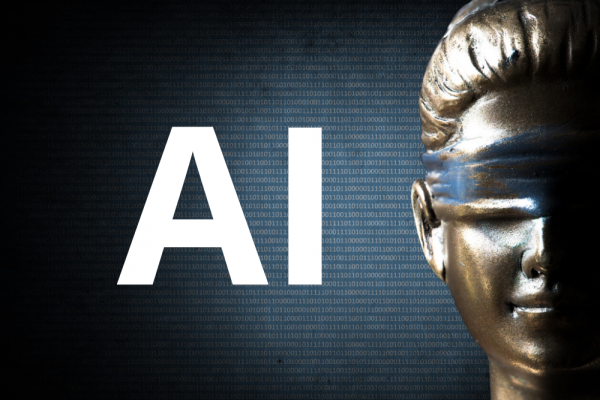A blog article by the Organisation for Economic Co-operation and Development (OECD) highlights the critical role of technical standards in effectively implementing the EU Artificial Intelligence Act (AI Act). While legislative revisions are essential, the OECD emphasises that proper implementation of existing laws is vital to reduce regulatory burdens on EU companies and maintain their global competitiveness.
The OECD argues that technical standards are essential for practical AI compliance, serving as specifications for the legal requirements of high-risk AI systems. Developed by European Standardisation Organisations at the European Commission's request, these standards aim to establish ambitious, sector-wide requirements for AI developers and deployers.
The OECD claims that if these standards are well-crafted, they could serve as a model for innovation-friendly global AI regulation.

What is this page?
You are reading a summary article on the Privacy Newsfeed, a free resource for DPOs and other professionals with privacy or data protection responsibilities helping them stay informed of industry news all in one place. The information here is a brief snippet relating to a single piece of original content or several articles about a common topic or thread. The main contributor is listed in the top left-hand corner, just beneath the article title.
The Privacy Newsfeed monitors over 300 global publications, of which more than 5,750 summary articles have been posted to the online archive dating back to the beginning of 2020. A weekly roundup is available by email every Friday.
